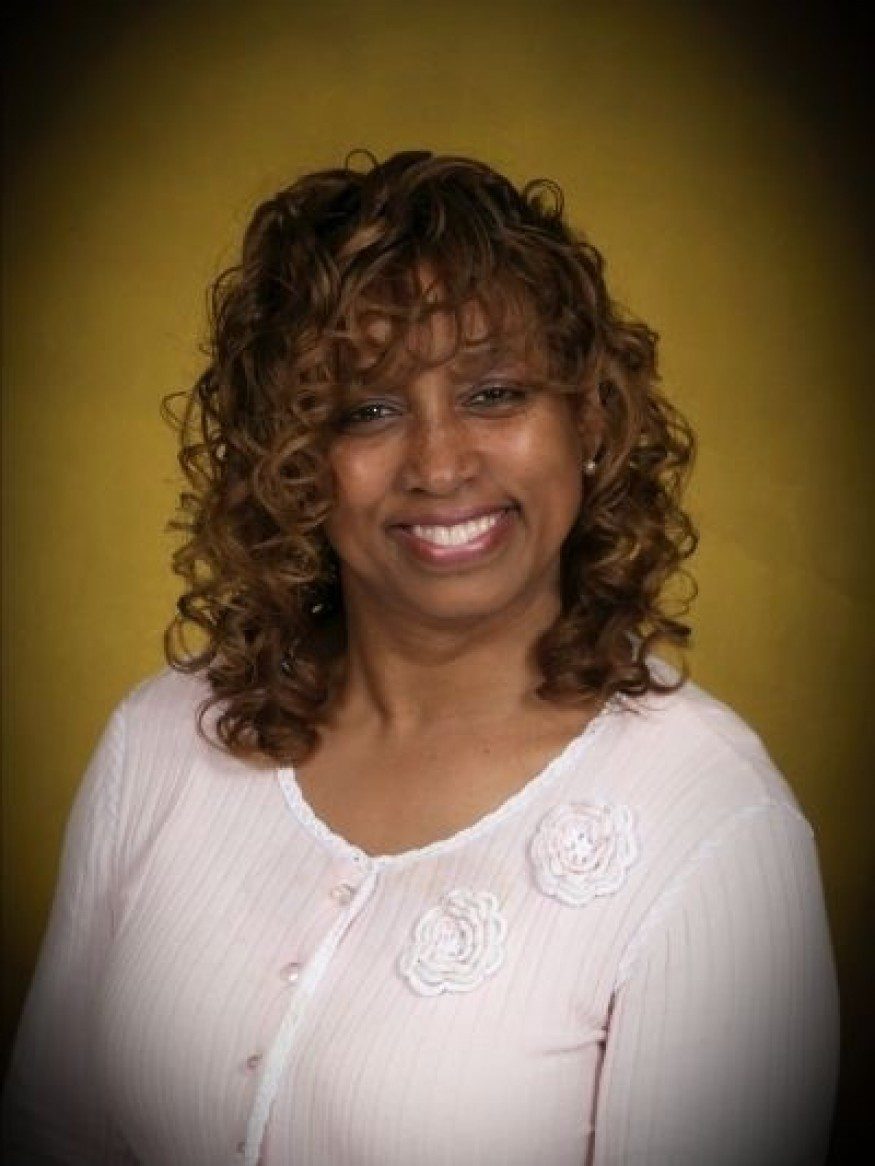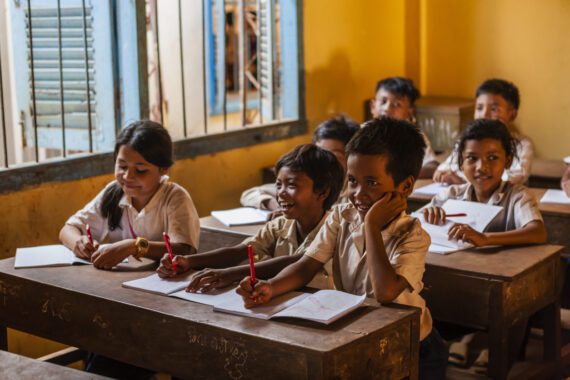By Rev. Dr. Angelique Walker-Smith
In his 1967 book Where Do We Go from Here: Chaos or Community? the Rev. Dr. Martin Luther King Jr. envisioned a “World House.” In the book, he called us to take the following actions: 1) to transcend tribe, race, class, nation, and religion to embrace this vision; 2) to eradicate the triple evils of racism, poverty, and militarism, at home and globally; 3) to curb excessive materialism and shift from a thing-oriented to a people-oriented society; and 4) to resist social injustice and to resolve conflicts in the spirit of love embodied in the philosophy and methods of nonviolence. Dr. King also advocated for a Marshall Plan to advance a collective agenda of eradicating global poverty and hunger. He proposed a living wage and a guaranteed minimum annual income for every American family. And he urged the United Nations to experiment with the use of nonviolent direct action in international conflicts.
Through his sacred imagination, Dr. King redressed the traumatic social, economic, and political conditions of people of African descent and resisted colonial and neocolonial structures. He exercised resilience, self-determination, and agency regarding our rightful place and presence in the global space—acknowledging the grave challenges that have hindered us since the transatlantic journey of enslavement from Africa 400 years ago.
Today, the 1.3 billion African descendants outside of Africa continue to fight alongside Africans living on the continent for a World House with and for all people. Last month, a historic and potentially transformative global decision advanced this vision. The UN General Assembly adopted a resolution that supports a Permanent Forum on People of African Descent. This was an outcome of the UN International Decade for People of African Descent 2015-2024 and the 2001 World Conference Against Racism, Racial Discrimination, Xenophobia, and Related Intolerance held in Durban, South Africa.
The Forum, set to launch in 2022, has the potential to create a more visible global space—by and with people of African descent—that is nonviolent and engages diplomatic approaches. The Forum will act as an advisory body to the UN and will partner with civil societies and grassroots organizations around the world to address issues related to anti-Black racism and human rights. These issues include the climate crisis, health, hunger, poverty, and the legacies of colonialism and the transatlantic slave trade. In so doing, it will be a space that gives increased direct access to the UN and its international networks. In sum, it will help the Black diaspora and our African kindred connect, unite, and strategize around issues that we face in our respective regions and provide methods to make sure that our recommendations are implemented.
Read more about the Permanent Forum on People of African Descent.
Angelique Walker-Smith is senior associate for Pan African and Orthodox Church Engagement at Bread for the World.



